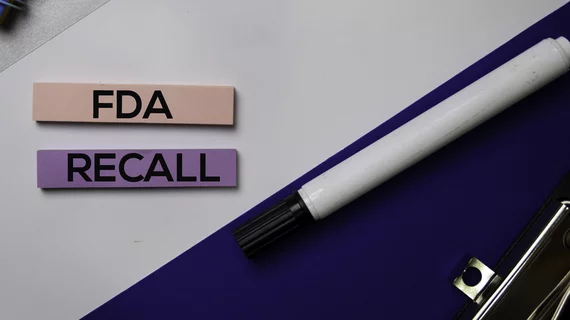FDA announces recall of adrenaline lots
The U.S. Food and Drug Administration (FDA) announced the recall of three lots of Epinephrine (L-Adrenaline) USP, a bulk active pharmaceutical ingredient (API), which is used to manufacture or compound prescription products. Spectrum Laboratory Products is voluntarily recalling the lots after customer complaints found the adrenaline to be discolored.
Epinephrine is frequently used in critical care situations during life-threatening conditions that can affect any age and any person. It is well-known for its use as emergency treatment for severe allergic reactions through an epi-pen.
According to the FDA, use of a finished dose product manufactured or compounded with this recalled product could result in a less effective product, which could mean a limited effect to treat life-threatening conditions, including low blood pressure, heart failure, anaphylaxis, irregular heartbeat and heart attack. The Epinephrine (L-Adrenaline) USP bulk API Powder is packaged in amber glass bottles enclosed in a vacuum sealed pouch.
“Treatment with a less-effective product, essentially underdosing epinephrine, could result in death,” the FDA said.
However, the agency noted Spectrum Laboratory Products has not received any reports of adverse events related to the recall. The company is notifying its distributors and customers via mail, email and phone and is arranging for the return of the recalled products. Consumers, distributors, or retail pharmacies that have the recalled product should stop using it immediately and return to the place of purchase.

